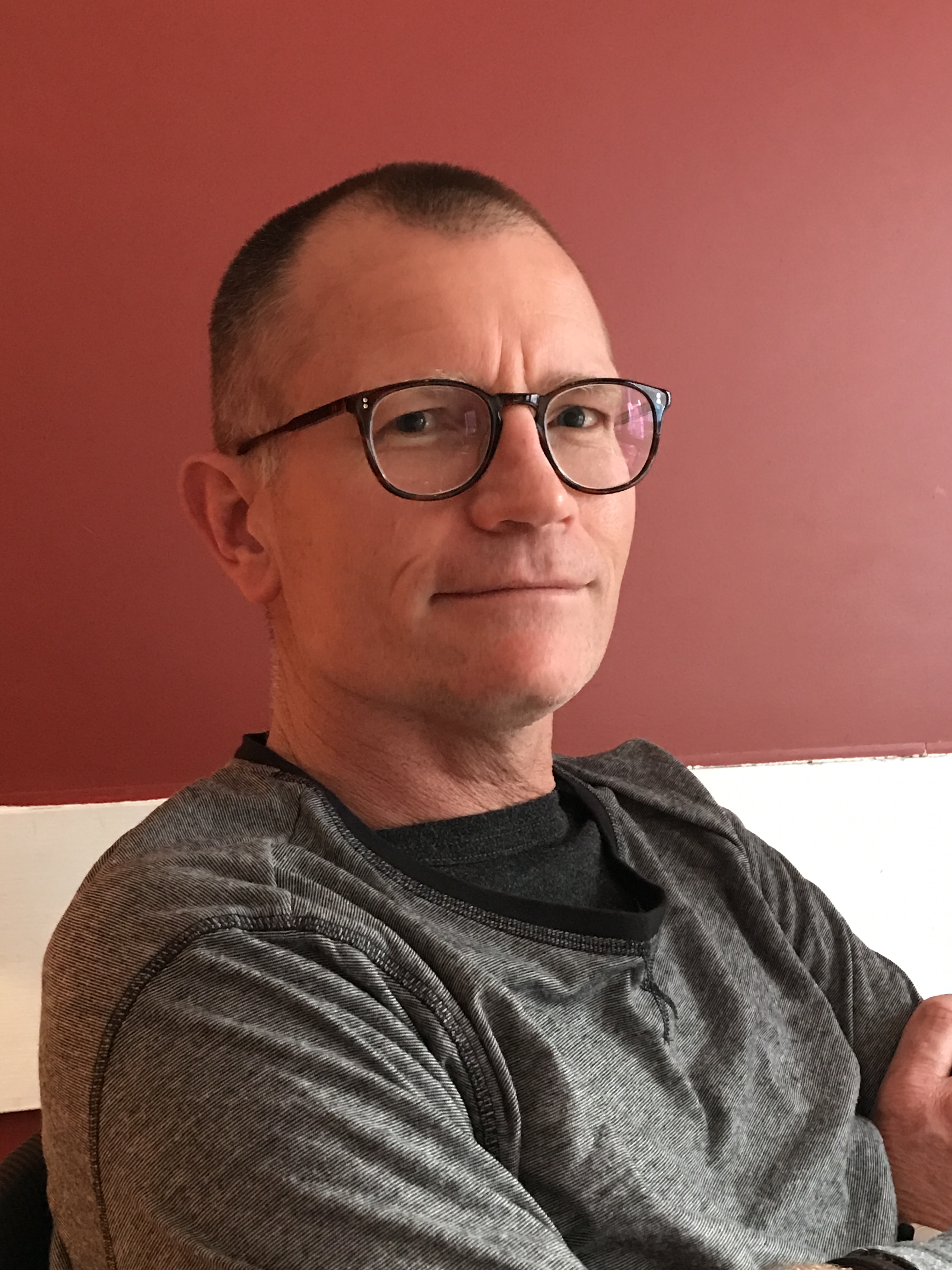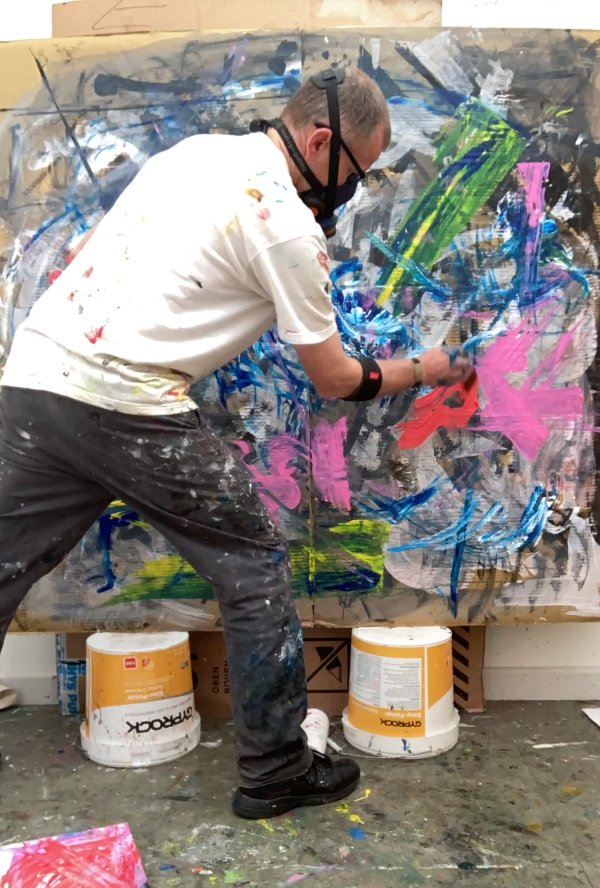
Everyone’s journey with epilepsy is different.
Mine certainly has been an interesting journey. It’s taken me on a path in life I never expected to go on.It’s led me to lose what I once thought were really important things in life – driver’s licence, and the independence that comes with that, full-time work, financial security. Yet, it’s also given me new interests and a new lease on life.
Let me start from what I can remember of how I came to be diagnosed with epilepsy.
I can’t tell you when I had my first seizure as they used to be quite mild neither family nor friends realised I was having them. Mum and dad would simply say, ‘you’re just growing up.
I remember having deja vu experiences. In talking with others, they too told me about their deja vu moments. So, if others were having this, then no big deal, right? Wrong.
When I was young these deja vu experiences happened pretty infrequently - maybe once every 12 months or so. I really couldn’t tell you.
However, I believe that my seizures did impact me as I was growing up, especially my ability to concentrate and study in school. The seizures impacted on my cognitive awareness and decision-making. When I talked to the other kids at school, they had their career all planned out. They knew what they were going to do. I just found myself struggling to think, explain and focus.

So, I spent most of my youth not realising I had epilepsy.
Fast forward to my 30s. The seizures were more frequent and felt like intense adrenalin rushes. Then I would be hit by a wave of extreme tiredness. Worse still, I started to feel like my life was unravelling. At this point I went to see a GP.
I was diagnosed in 2007, when I was 37 years old, with complex partial and secondary tonic clonic. My seizures are not obvious. They are internalised.
In 2010 the seizures were really impacting on me and on the quality of work I was producing. The organisation was great to me but the seizures were not. I was working long hours, I was pushing myself through the seizures, I refused to let the seizures take a hold of me.
Until one day, I had such a serious seizure, I collapsed and was taken to hospital. By this stage, it had become obvious – my seizures were not just impacting me, they were impacting everyone around me.
Accepting epilepsy as being a part of my life has been challenging.
I’ve got a type of seizure that’s invisible to others. I’m not on the ground convulsing as many people believe happens to someone with epilepsy. I simply space out and then get really tired.
Clearly, I’ve got epilepsy. It has impacted every part of my life. On top of that, I’ve taken on these external judgements of what epilepsy should be and am comparing myself to that, thinking that my seizures aren’t really that bad.
Except I’ve lost my financial security, sense of independence and job. It’s been difficult to find employment because of the physical impact of seizures and the need to manage my health.
Not having a job not only messes up your financial security, it plays havoc with your, sense of self-worth, independence and ability to contribute.

When I found myself unemployed, my world became a little bit smaller. Sitting at home while everyone I know is at work. There’s only so many times you can go to a café, sit in the corner, have a coffee, look for a job. To fill my time, I thought I’d take up something creative.
Since I started art, I haven’t stopped. I’ve exhibited my paintings and sold a few. I find so much enjoyment in painting I sometimes think I should have studied art at school. As well as preparing for my next exhibition I’ve recently found the courage to establish a website to sell my work.

Now, I would not have been able to do any of this without my very supportive partner, Jennie.
I couldn’t have had my first exhibition – I probably couldn’t feel safe, or be in the right place, a whole lot of things – without her in my life.
Everyone’s journey with epilepsy will be different. From the moment you’re told, your life changes forever. It takes time to deal with it because it takes time to figure out what will and won’t work for you.
It’s important to understand the impact, come to terms with it and look for whatever supports you need. I’m lucky I have Jennie, and I know I have the support of the Epilepsy Foundation.
The Foundation is here to help people understand and be aware of epilepsy, helping people living with this condition to explain or communicate their condition to those around them. Really importantly, the Foundation can help people accept their epilepsy and provide them with the support and information they need.
I honestly don’t know who I would have turned to if there was no Epilepsy Foundation. I am just grateful they exist, and I know it’s because of people’s generous support. Thank you for reading my story. - Jas
About our cause
We can provide boys and men, like Jas, with the tools they need to understand and Practical tools like our Epilepsy Management Plans, tailored to suit the individual, their type of seizures and their needs. Without your support, these Epilepsy Management Plans would not be possible.



